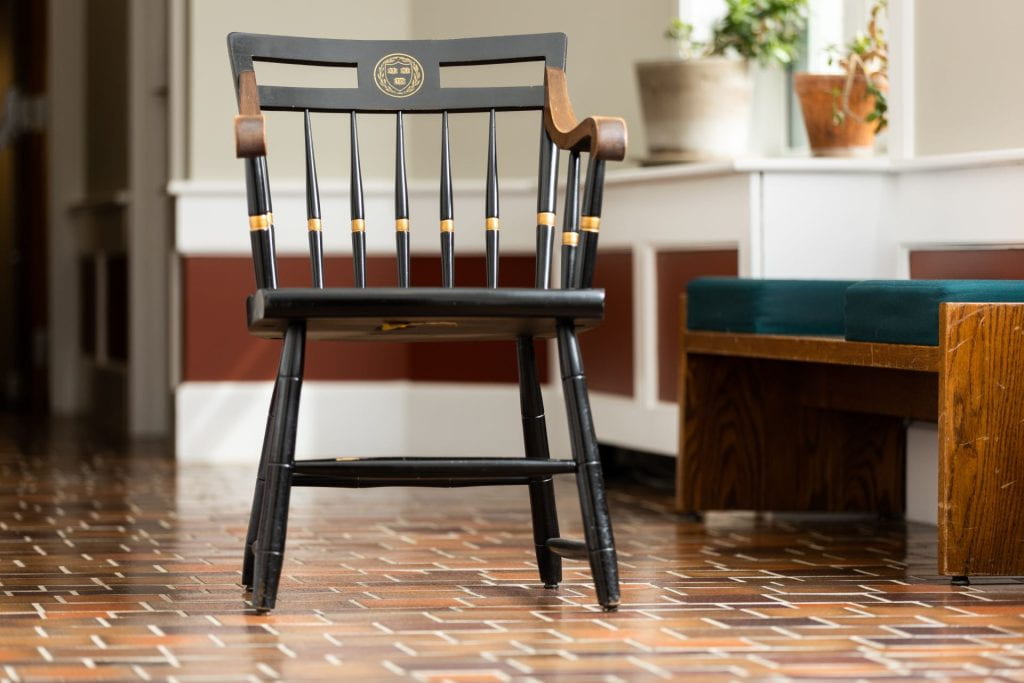The Harvard Extension School is committed to providing an accessible academic community.
The Accessibility Services Office (ASO) offers a variety of accommodations and services to students with documented disabilities, permanent and temporary injuries, as well as, chronic conditions.
Some students may view their disability as part of their identity, while others may receive disability-related accommodations without considering themselves disabled. No matter where you fall on the spectrum, the DCE Student Disability Resource Guide was developed to provide you with answers to frequently asked questions, direct you to available supports, and highlight campus and community resources. We encourage you to review this information!

Working with the Accessibility Services Office
Academic accommodations are adjustments and modifications that provide an equitable academic opportunity for students with disabilities. Academic accommodations are designed to provide equal access to courses and programs, but they do not guarantee an outcome or a level of achievement.
The purpose of accommodations and modifications is to reduce or eliminate any disadvantages that may exist because of your disability. Accommodations are not student preferences; they are determined through an established review process based on documentation received regarding the student’s disability.
The law does not require institutions to waive specific courses or academic requirements considered essential to a particular course or program. Rather, they are mandated to modify existing requirements on a case-by-case basis in order to ensure that individuals are not discriminated against on the basis of their disability.
Accessibility Services Office Frequently Asked Questions (FAQs)
What necessary documentation do I need?
All requests for accommodations must be supported by clinical documentation that is pertinent to the disabling condition. There are only two distinctions regarding clinical documentation requirements, (1) Health Conditions and (2) Learning and Attentional Conditions. Please see the guidelines in the links below. The ASO has also created a Clinician Verification Form that can be used in lieu of the documentation identified in the guidelines. If there are any questions, please do not hesitate to contact us at 617-998-9640.
What is an accommodation
Academic accommodations are adjustments and modifications that provide an equitable academic opportunity for students with disabilities. Academic accommodations are designed to provide equal access to courses and programs, but they do not guarantee an outcome or a level of achievement. The purpose of accommodations and modifications is to reduce or eliminate any disadvantages that may exist because of your disability. Accommodations are not student preferences; they are determined through an established review process based on documentation received regarding the student’s disability. The law does not require institutions to waive specific courses or academic requirements considered essential to a particular course or program. Rather, they are mandated to modify existing requirements on a case-by-case basis in order to ensure that individuals are not discriminated against on the basis of their disability.
What is a disability
Section 504 of the Rehabilitation Act of 1973 and the Americans with Disabilities Act of 1990 and 2008 define a disability as a physical or mental impairment that substantially limits or restricts a person from performing one or more major life activities, such as walking, seeing, hearing, speaking, breathing, learning, working, or caring for one’s self. An impairment or diagnosis does not necessarily constitute a disability; it must substantially limit these activities.
The Division of Continuing Education (DCE) is committed to providing an accessible academic community. The Accessibility Services Office (ASO) is responsible for providing accommodations to students with disabilities.